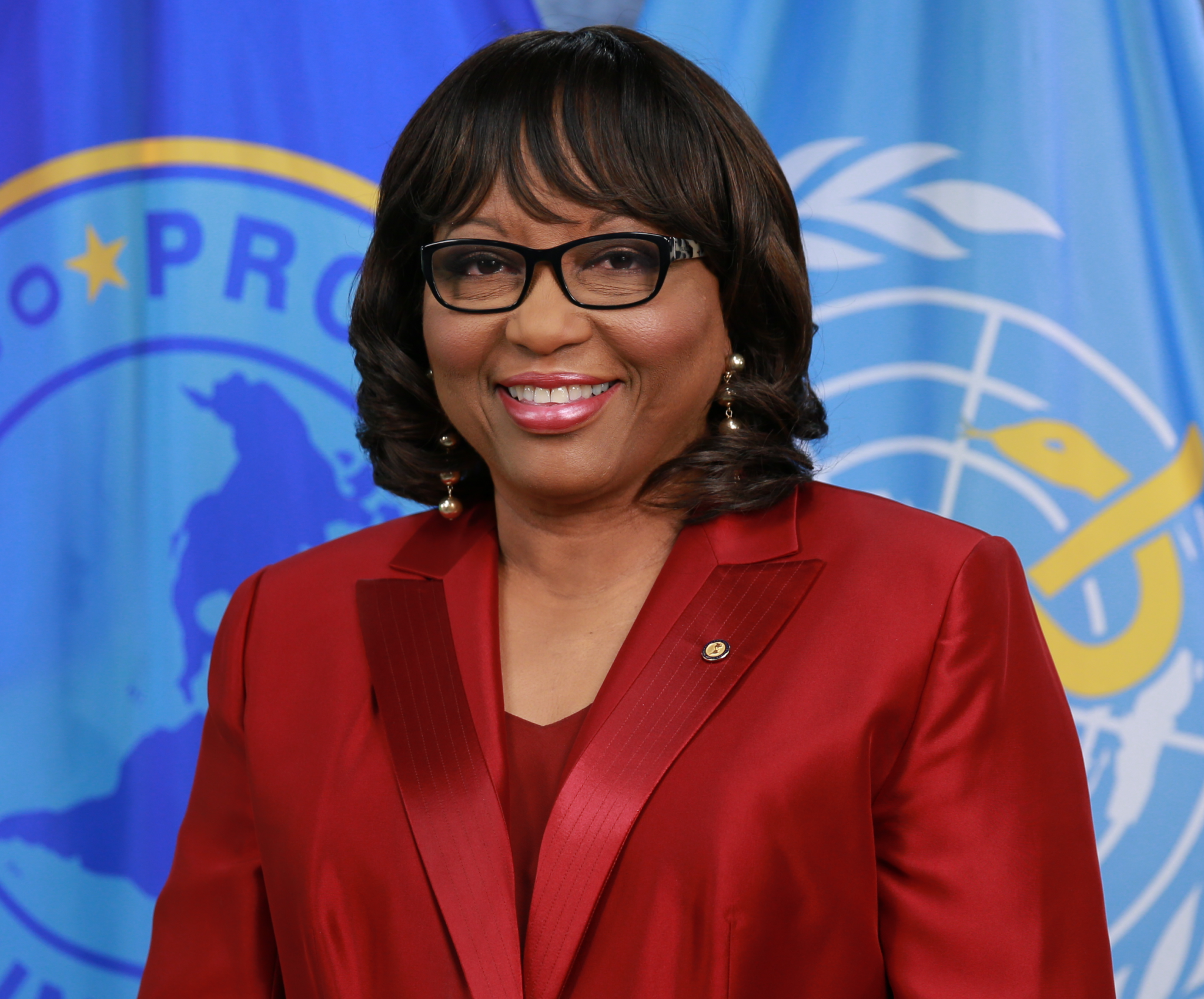Countries Urged to Provide Infrastructure to Support Vaccinations
By: , October 13, 2021The Full Story
Pan American Health Organization (PAHO) member countries are being urged to put the requisite infrastructure in place, where needed, to support coronavirus (COVID-19) vaccinations.
Director, Dr. Carissa Etienne, said that this is imperative in ensuring the success of COVID-19 vaccination campaigns.
“Now is the time to expand cold chains and invest in health systems, especially as financial institutions and donors… have expressed their willingness to support countries to make these improvements,” she pointed out.
“Now is also the time to hire and train health workers to ensure vaccines can be administered quickly,” she added.
Dr. Etienne She was speaking during PAHO’s COVID-19 digital briefing on Wednesday (October 13).
Noting that health workers are “trusted sources” of information for patients, Dr. Etienne said countries, especially those in the Caribbean, are encouraged to train personnel at all levels and equip them with all the information they need to answer questions and help persons understand the benefits of vaccines.
The Director said campaigns must also be designed around the unique needs of member countries’ populations, to be effective.
She noted, for example, that providing stipends, “even small ones for food and transport, can help incentivise campaigns in rural and remote areas, where travel to vaccination sites can be a challenge”.
“These and other tailored strategies will be key to reaching those we haven’t yet reached, not just in the countries where coverage remains low, but in every corner of our region,” Dr. Etienne pointed out.
Noting that low vaccination “leaves us all at risk”, the Director said regional states must work together and support each other, to enable them to meet or surpass the World Health Organization’s (WHO) 40 per cent global vaccination target for countries by year end.
“The actions we take over the next three months will help us save lives, make the most of available supplies, and determine our outlook for 2022,” Dr. Etienne added.




